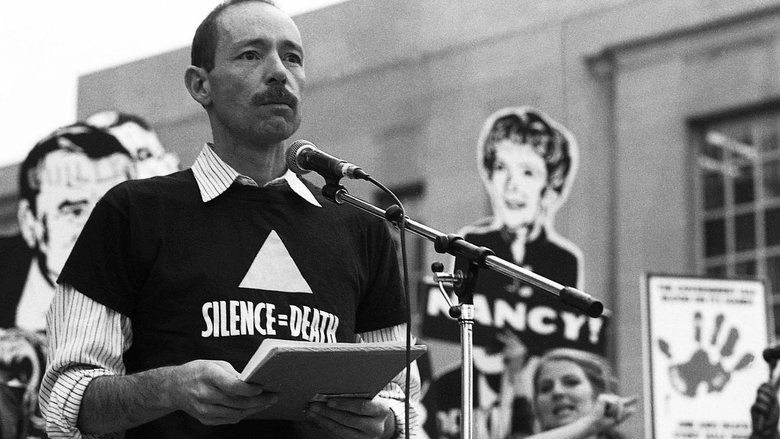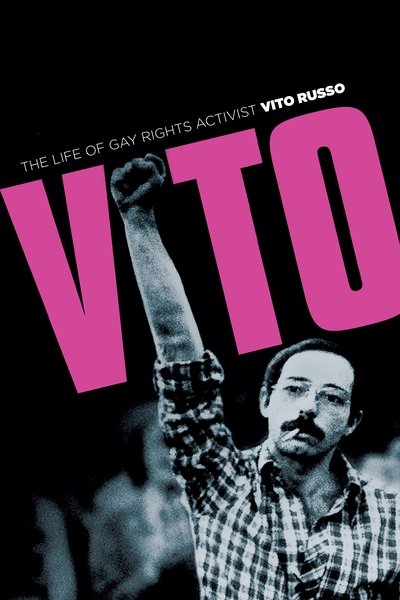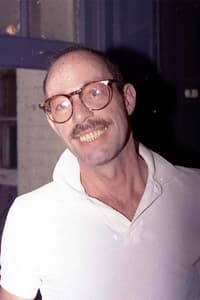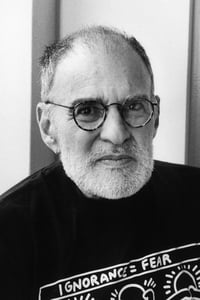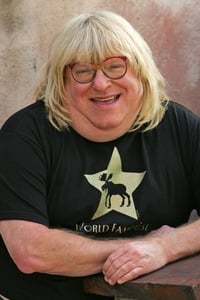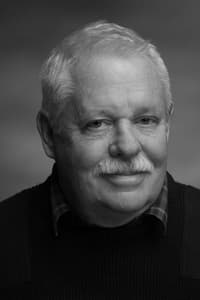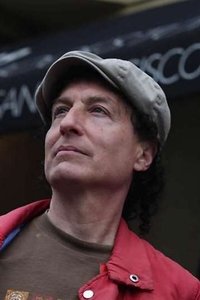Vito
Every revolution needs a voice
Genres
Documentary
OverView
In the aftermath of Stonewall, a newly politicized Vito Russo found his voice as a gay activist and critic of LGBTQ+ representation in the media. He went on to write "The Celluloid Closet", the first book to critique Hollywood's portrayals of gays on screen. During the AIDS crisis in the 1980s, Vito became a passionate advocate for justice via the newly formed ACT UP, before his death in 1990.
Others
Budget
$--
Revenue
$--
Status
Released
Original Language
English
Runtime
93 mins
Rating
7.4/10
Release Date
14 October 2011
Country
United States of America
